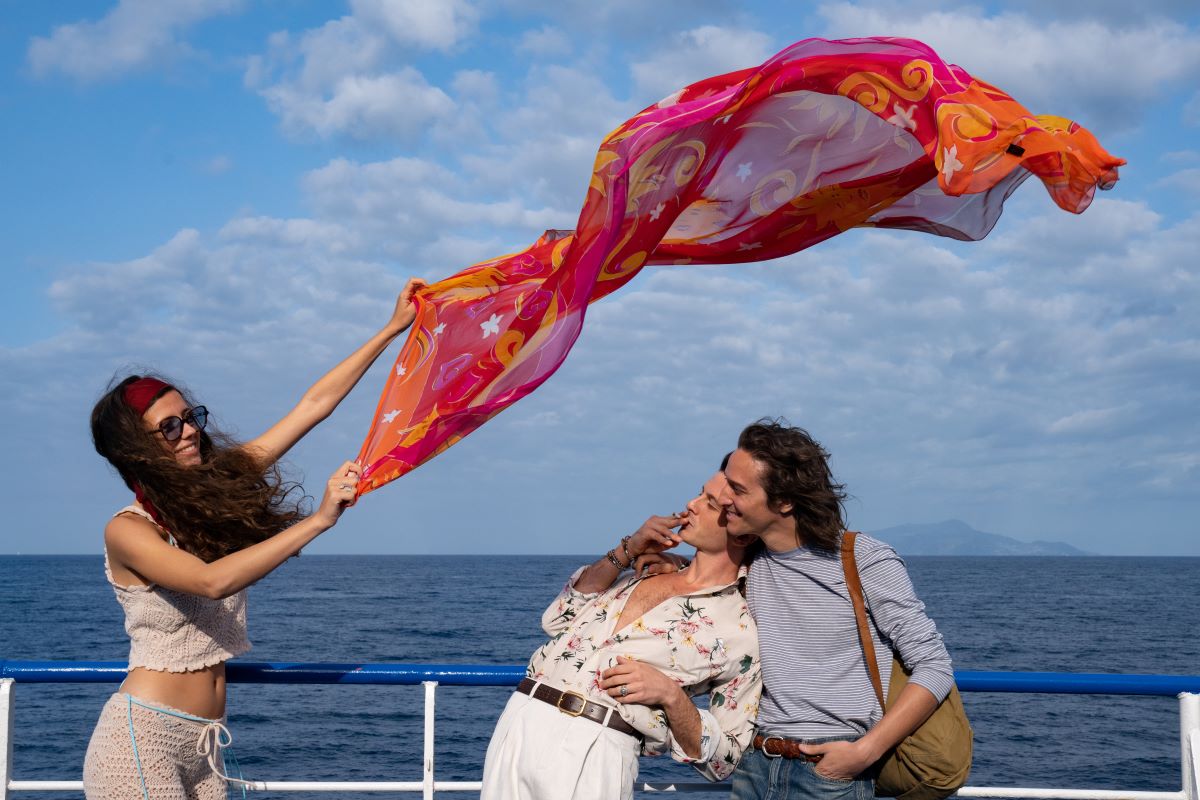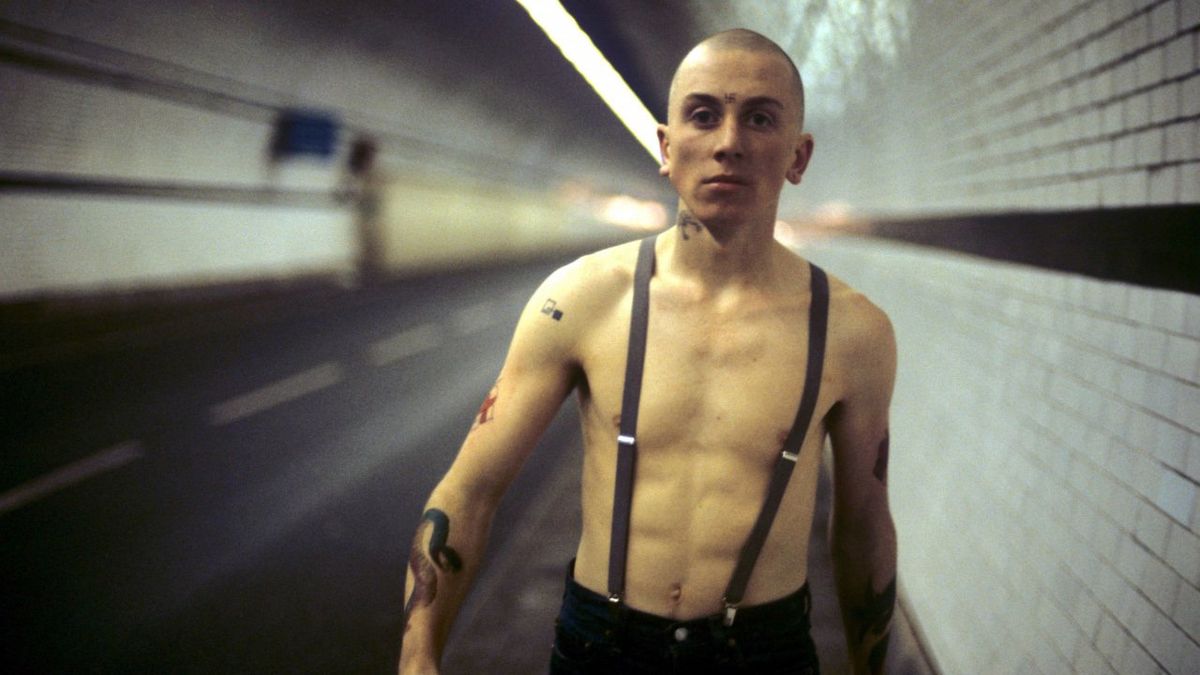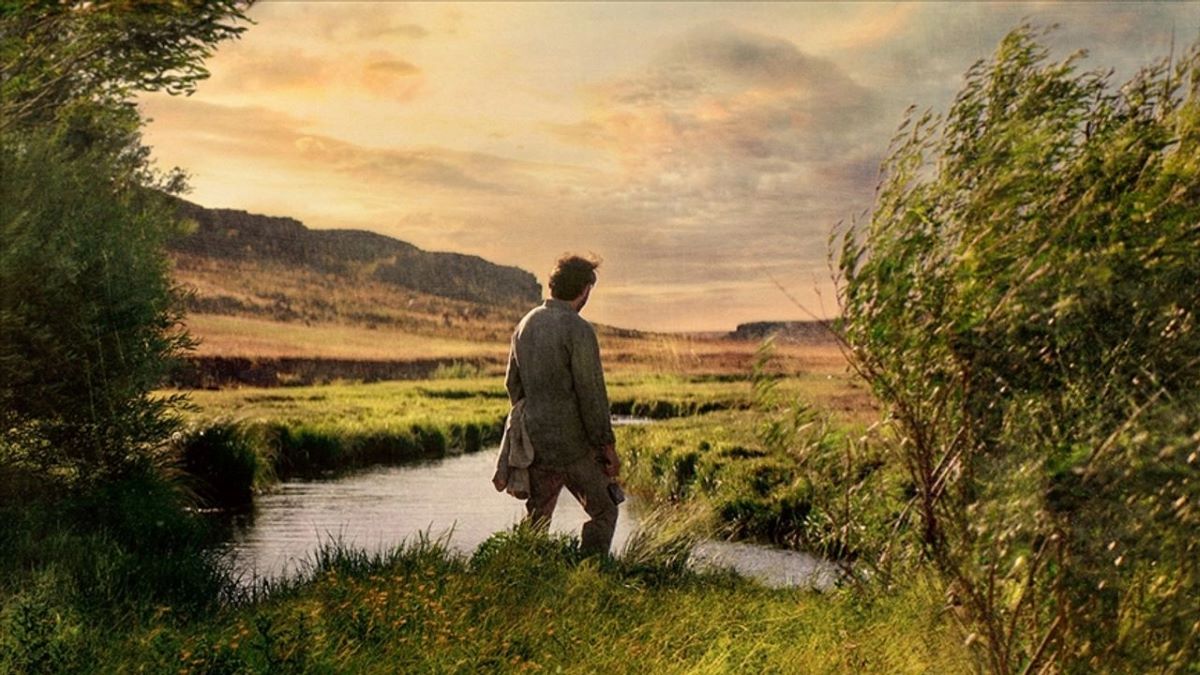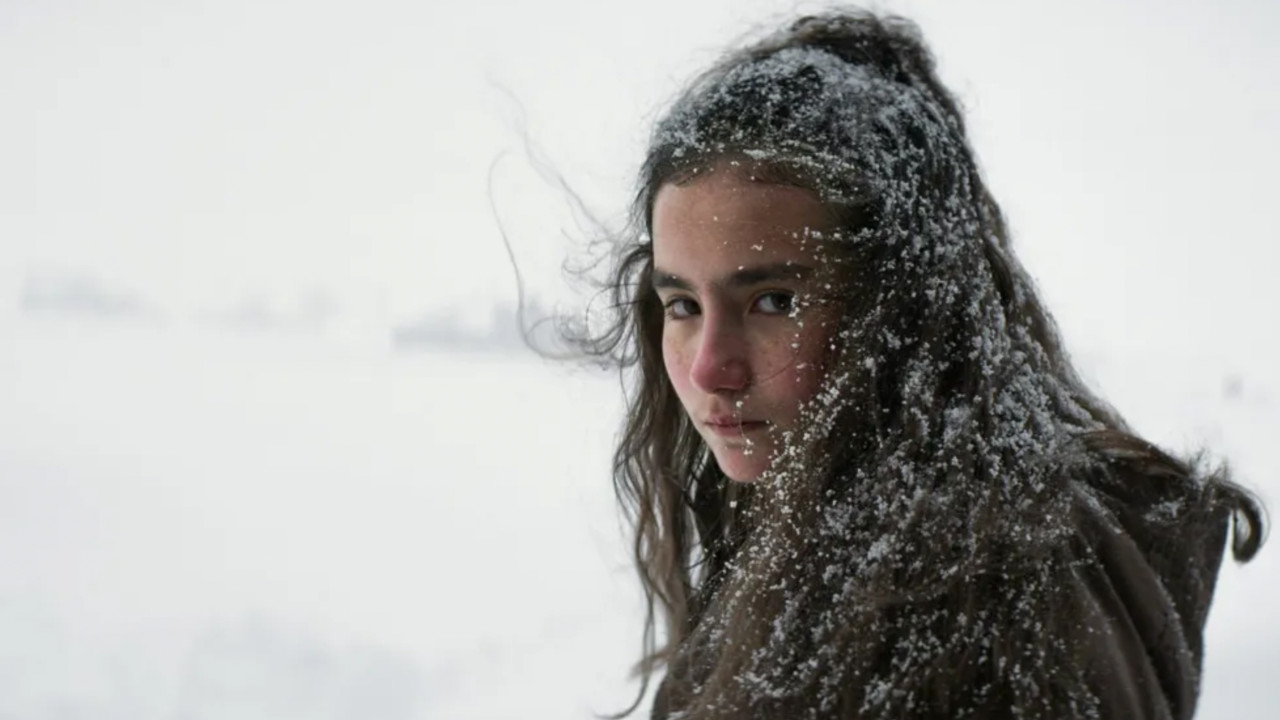Cannes 2024
Parthenope
by Paolo Sorrentino
“I have been sad and frivolous, determined and lazy. Like Naples.”
Parthenope (Celeste Dalla Porta, disarmingly beautiful) was born in the waters of Naples in 1950. Parthenope is Naples.
“Youths have this in common: brevity”: Paolo Sorrentino (inevitably also thinking of Ferito a morte by Raffaele La Capria) signs his definitive ode, enchanting and heartbreaking, lyrical and earthy, to the mystery of youth and the mystery of his hometown.
And he does so by cinematically bringing to life the myth of the Greek siren who became the protector goddess of Naples, a city that the Oscar-winning director – once again in competition at Cannes (the only Italian this year) after the Venetian detour with The Hand of God – defines as “near and far, indefinable, that captivates, enchants, screams, laughs, and then knows how to hurt you.”
“I am too young to grasp all the nuances.”
The first university exams in anthropology (“but what is anthropology?”) with Professor Marotta (played by Silvio Orlando, “the name coincidence with the Neapolitan philosopher is accidental,” assures the director), “I know nothing, but I like everything,” the readings of John Cheever (who reincarnates in Capri thanks to an inexorable and decadent Gary Oldman, “beauty is like war, it opens all doors,” and then “I don’t want to steal even a moment of your youth”), the last carefree summer in the early ’70s right on the edge of the Faraglioni – what a moment of heartbreaking melancholic poetry that dance hinted at with Era già tutto previsto by Cocciante (which Sorrentino lets play in full) – the attempt at a seductive and ephemeral path (first the encounter with the star agent Flora Malva played by Isabella Ferrari – with a veiled face because “a Brazilian surgeon ruined her” – then with the diva Greta Cool by Luisa Ranieri, returned “from the north” for an event that ends in disaster), finally the realization of having become “adult,” a nighttime walk among the low quarters populated by prostitutes and decay, the gambling den that becomes the theater of a “fusion” between two Camorra families (two young people forced into a “public” embrace), the “anthropological” incursion into the realm of Tesorone (Peppe Lanzetta), the cardinal responsible for the ritual of the miracle of San Gennaro (“a mystery” or “a scam”?), “a scoundrel,” “seducer” (here the grotesque and iconoclasm of Sorrentino explode, without any nuance, with the masturbation scene and consequent miracle…), after all “In Naples, the profane is the reservoir of the sacred,” says Sorrentino).
The long journey of Parthenope is “inhabited by an inexorable passion for freedom, for Naples and the unpredictable faces of love. The true, the useless, and the unspeakable ones that condemn you to pain. And then make you start again,” explains the director, who in the previous film told something of his youth (marked by the grief of losing his parents) and this time, instead, seems to want to imagine another youth, idealized, embodied by a woman and her relationship with the passage of time, a woman that Sorrentino filmically gives birth to with that magnificent sequence of Parthenope, eighteen, emerging from the sea like a splendid mythological goddess.
The director and screenwriter rediscover the abstraction and seductive allure of The Great Beauty, with another epigraph entrusted to Celine (“Life is enormous, you get lost everywhere”), much is also owed to Anthony Vaccarello as Costume Artistic Designer and the Yves Saint Laurent brand in production (the third film here at Cannes after Audiard’s Emilia Pérez and Cronenberg‘s The Shrouds), as well as the crucial contribution of Daria D’Antonio to the cinematography (just like in The Hand of God), for a film constantly suspended between the tension to the sublime and the fall into the abyss, populated by melancholic ghosts (Raimondo, magnificently played by Daniele Rienzo, the “fragile” brother of the protagonist, who “already knew everything” and was therefore destined for a short life, the first love Dario Aita (“Sandrino has a disease, the very serious one of love, and the antidote is love itself. When the antidote becomes uncertain, this disease develops and becomes increasingly severe,” says the actor), the parents Lorenzo Gleijeses and Silvia Degrandi), monstrous and lascivious caricatures, more or less real projections of Parthenope’s gaze (the aforementioned John Cheever played by Gary Oldman), grandiose and fairy-tale objects, like the carriage that the commander (Alfonso Santagata in the reinterpretation of Achille Lauro) brings to Raimondo and Parthenope’s house “directly from Versailles.”
“What are you thinking about?”
We will never know, after all “the truth is unspeakable,” so we rely on answers and always “impactful” phrases.
But if “anthropology is seeing” and at the same time it is “extremely difficult to see because it is the last thing you learn when everything else starts to fade,” then it becomes essential to seek in those eyes – Parthenope’s eyes – the reflection of a new perspective on things (a gaze always teetering between reality and fantasy), which, upon the death of illusion and carefree spirit (“you can’t be happy in the most beautiful place in the world”), upon the onset of grief and pain, counters with detachment, anticipated by the epiphany given by an incomprehensible, simultaneously repulsive and wonderful gigantic creature made of water and salt: “Like the sea.”
Yes, like the sea, right where Parthenope was born, from which at a certain point, in 1983, she will flee, only to return 40 years later (now in the body of Stefania Sandrelli): we will know little or nothing of that long period spent in Trento, it will be enough for us to find her gaze there, looking out from the terrace over the Gulf, and let ourselves be overwhelmed again, once more, by astonishment.
“There is neither regret, nor nostalgia, nor melancholy, there is the passage of age,” Sorrentino continues: “Truth is not part of youth; it is a place where you deal with insincerity, you deal with dreams, you create an epic story about yourself, you dance alone in front of the mirror. This story ends when you enter the ethical phase (as Kierkegaard called it) and leave the aesthetic one, you don’t like what you are and you make attempts to get out of yourself, without succeeding, until you finally accept yourself. And maybe you can still be amazed.”
Era già tutto previsto / Fin da quando tu ballando / Mi hai baciato di nascosto / Mentre lui che non guardava / Agli amici raccontava / Delle cose che sai dire / Delle cose che sai fare / Nei momenti dell’amore / Mentre ti stringevo forte / E tu mi dicevi piano “io non lo amo, non lo amo”.*
Valerio Sammarco
Cinematografo, May 22, 2024
* Everything was already planned / Since when you, dancing / Kissed me in secret / While he wasn’t looking / He was telling his friends / About the things you say / About the things you do / In moments of love / While I held you tight / And you whispered to me softly “I don’t love him, I don’t love him.”





